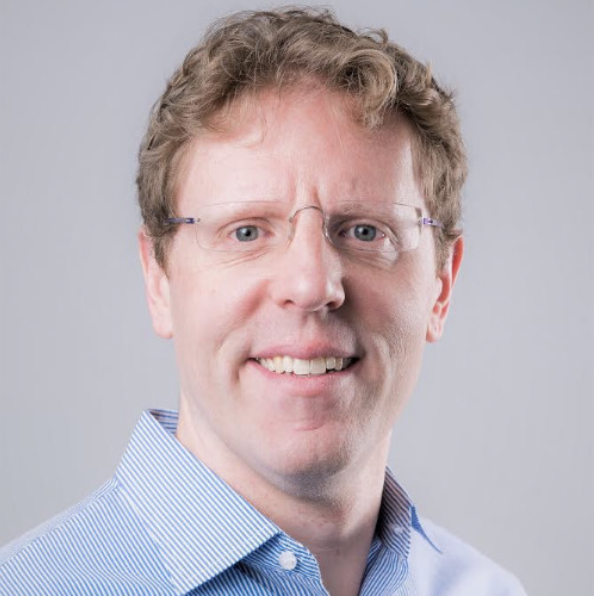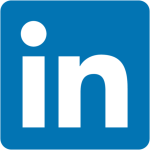
CQE PI Feature – Neil Thompson
Bridging Theory and Impact
Featured in QSEC October newsletter 2025
Principal Investigator Dr. Neil Thompson leads the MIT FutureTech Lab, whose mission is to uncover new insights at the intersection of computer science and economics that help to understand how computing and AI are advancing, and what this means for scientific progress and economic prosperity. With publications in Science, Nature Communications, Communications of the ACM, and IEEE Spectrum, the lab’s research has had over 40,000 total citations since 2020. In addition, FutureTech counts 20 industry partners, including Google, Amazon, Microsoft, IBM, Anthropic, and Accenture. All of this is made possible by a team of 100+ researchers at MIT CSAIL (the Computer Science and AI Lab).
Backed by this interdisciplinary team, Neil’s academically rigorous yet practical approach has enabled the lab to carve out a niche in the fast-changing world of AI. Linking academic insight with practical impact is never simple, but FutureTech has found a way to make it work. The Quantum Economic Advantage Calculator, for example, developed in partnership with Accenture, allows users to explore different combinations of algorithmic problems and quantum hardware to acquire perspective. Users can freely deviate from known projections and default parameters to derive their own insights as to the general timeline of when certain scenarios may become economically advantageous to run on a quantum machine. Although these implications could theoretically be derived by individual quantum computing experts themselves, the academic record suggests that the overhead of doing so is so expensive that only a small range of scenarios are actually explored. As our tool shows, the value of comparing specific scenarios for a near term time horizon (2030s) to those in industry is immense because many different technical areas can create (or destroy) quantum economic advantage. Did we mention the calculator is also user-friendly?
The calculator emerged from a quantum computing study, when Neil and fellow researchers Sukwoong Choi and William S. Moses realized that feasible quantum hardware might arrive much sooner than most people expected, yet the set of problems big enough to truly need quantum computing could remain surprisingly small. That realization led to a bigger question: When does quantum computing actually matter? To explore that question, Sukwoong, William S. Moses, and Neil wrote “The Quantum Tortoise and the Classical Hare: When Do Quantum Algorithms Beat Classical Ones?” (Proceedings of the IEEE, 2025). The paper grew directly out of that conversation and became an effort to trace the line between quantum promise and practical reality.
The group’s desire to bridge theory and real-world impact is guided by trying to strike the right balance between specificity, technical depth, and abstraction. In another recent paper, Thompson co-authored Expertise with David Autor, which explores the impact of automation on wages and employment, suggesting the impact depends on the level of expertise required for the tasks that remain. Using a newly developed methodology to measure changes in occupational expertise over four decades, this study offers a framework for understanding how automation reshapes the value of human expertise across occupations. Neil approaches technology’s transformation of society guided by his diverse academic background: a PhD in Business and Public Policy, and Master’s Degrees in Computer Science, Statistics, and Economics.
Since its founding in 2019, FutureTech’s rapid growth has valued a positive culture – one that recognizes happy, healthy, and well-balanced people create better research over the long run. Neil remains deeply committed to his team’s well being, regularly seeking feedback and making improvements as a mentor. Building on its current expertise across hardware, software, algorithms, scaling laws, AI, robotics, macroeconomics, industrial organization, and labor markets, FutureTech seeks to expand interdisciplinary collaboration and partnerships with major organizations to help inform decisions on humanity’s most important questions. Amid the lab expanding, Neil has also welcomed his first child into the family. Hello world!




Copyright © 2022-2023 MIT Center for Quantum Engineering – all rights reserved – Accessibility


